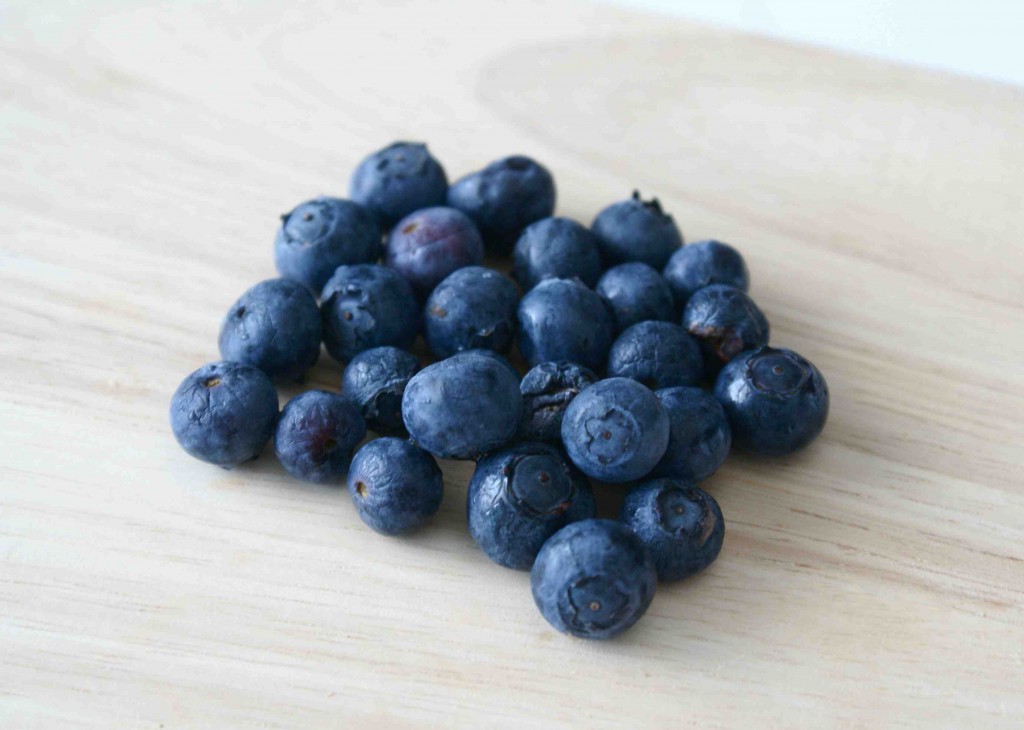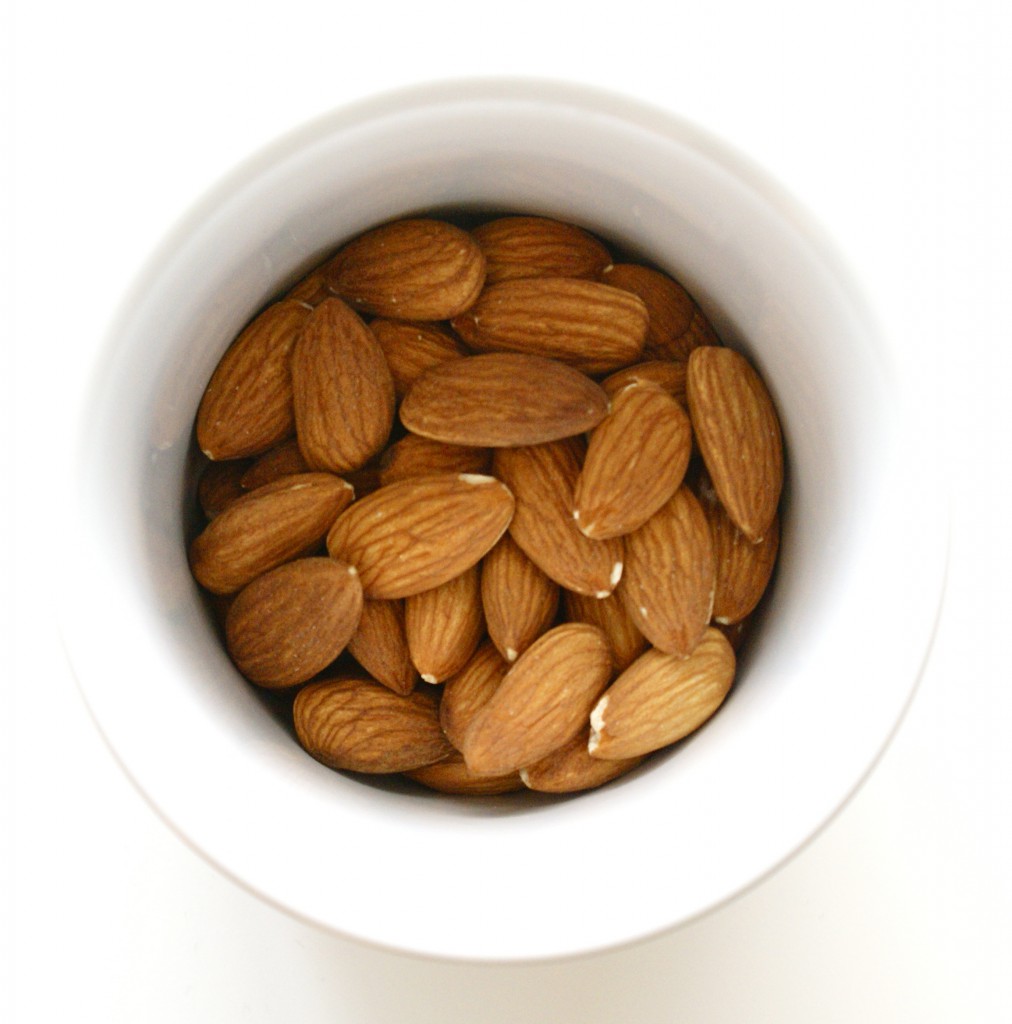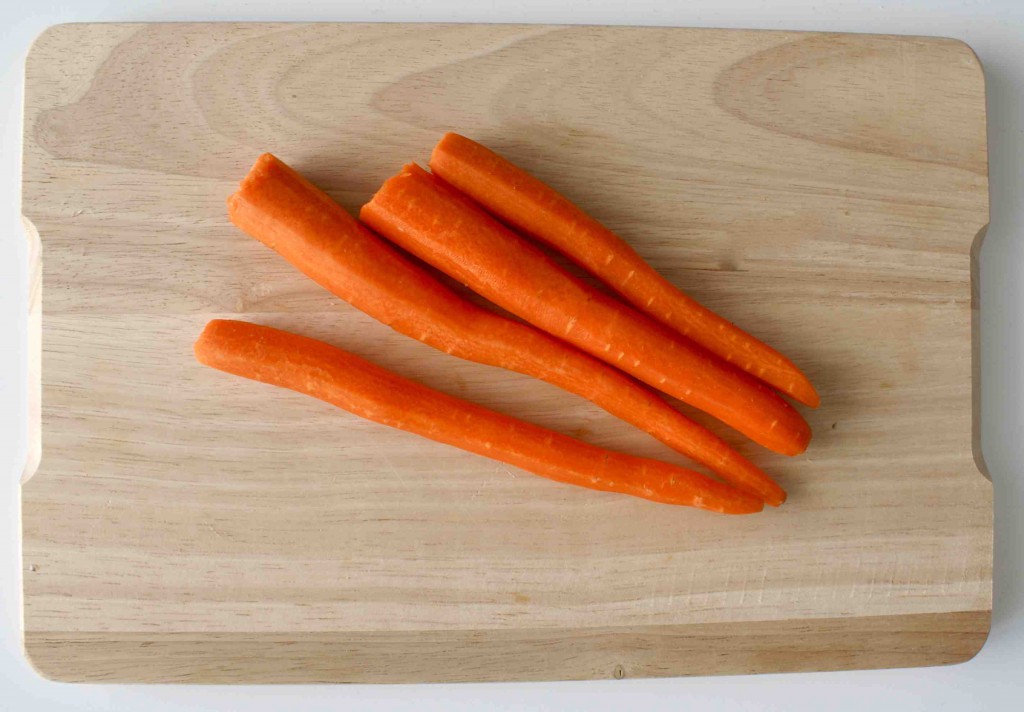Of course healthy eating has tons of benefits, but did you know that glowing, healthy skin is one of them? With expensive face creams, serums and sprays draining our bank accounts, it’s time to give your wallet a rest and do things the old-fashioned way with some good ole fruits and vegetables.
So why is it that what’s on your plate can dictate how healthy your skin is? This gets a little scientific, but stick with us. Skin damage largely has to do with oxidation, which is a natural process in our bodies necessary to keep the skin healthy and regenerate tissue. However, in the process, a small percentage of cells get damaged and turns into what are called free radicals, “free” because they are missing a critical molecule. As a result, the free radicals will essentially steal electrons from healthy cells. This leads to atoms changing their structures and forming bonds that wouldn’t normally occur. The most damaging provokers of oxidation are smoking and sunlight, which can promote premature skin aging, wrinkles and discoloration. Aside from avoiding cigarettes and slapping on that sunscreen, the next best thing you can do to keep your skin healthy is to eat as many antioxidants as you can. Luckily for us, antioxidants just happen to find themselves in some very delicious food.
The three major antioxidant vitamins are vitamin C, vitamin E and beta-carotene. To get the most out of all of these foods, eat them raw or lightly steamed, as overcooking or boiling depletes the nutrition.
Vitamin C

Photo by Aurelie Corinthios
This vitamin seems to be beneficial in a million different ways, and skin care is just one of vitamin C’s claims to fame. Vitamin C aids the production of collagen, the main protein that forms the basic structure of your skin. Eating foods with a high vitamin C content can help tighten skin and combat premature skin aging, as the antioxidants in vitamin C work to neutralize those pesky free radicals. You can get your vitamin C intake from citrus fruits like oranges and grapefruits, as well as from berries. Blueberries are known to be a gold mine of antioxidants, and they make a quick, delicious breakfast. Getting tired of fruit? Get your vitamin C from hot peppers, bell peppers, broccoli or sprouts instead.
Vitamin E

Photo by Aurelie Corinthios
Vitamin E protects cell membranes by guarding the skin against UV radiation, and works with vitamin C to neutralize free radicals. While vitamin E supplements are widespread, it’s best to get your intake from food sources like grains, cereals, seeds, and nuts.
Beta-carotene

Photo by Aurelie Corinthios
Beta-carotene is involved in the growth and repair of body tissues. Beta-carotene is found in many foods that are orange in color, including carrots (duh), sweet potatoes, pumpkin, squash, mangoes and cantaloupe. Some leafy greens are also rich in beta-carotene, such as spinach and kale.

